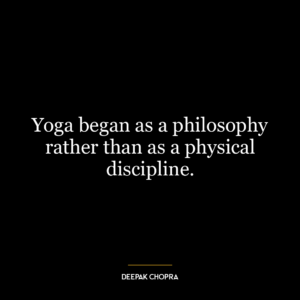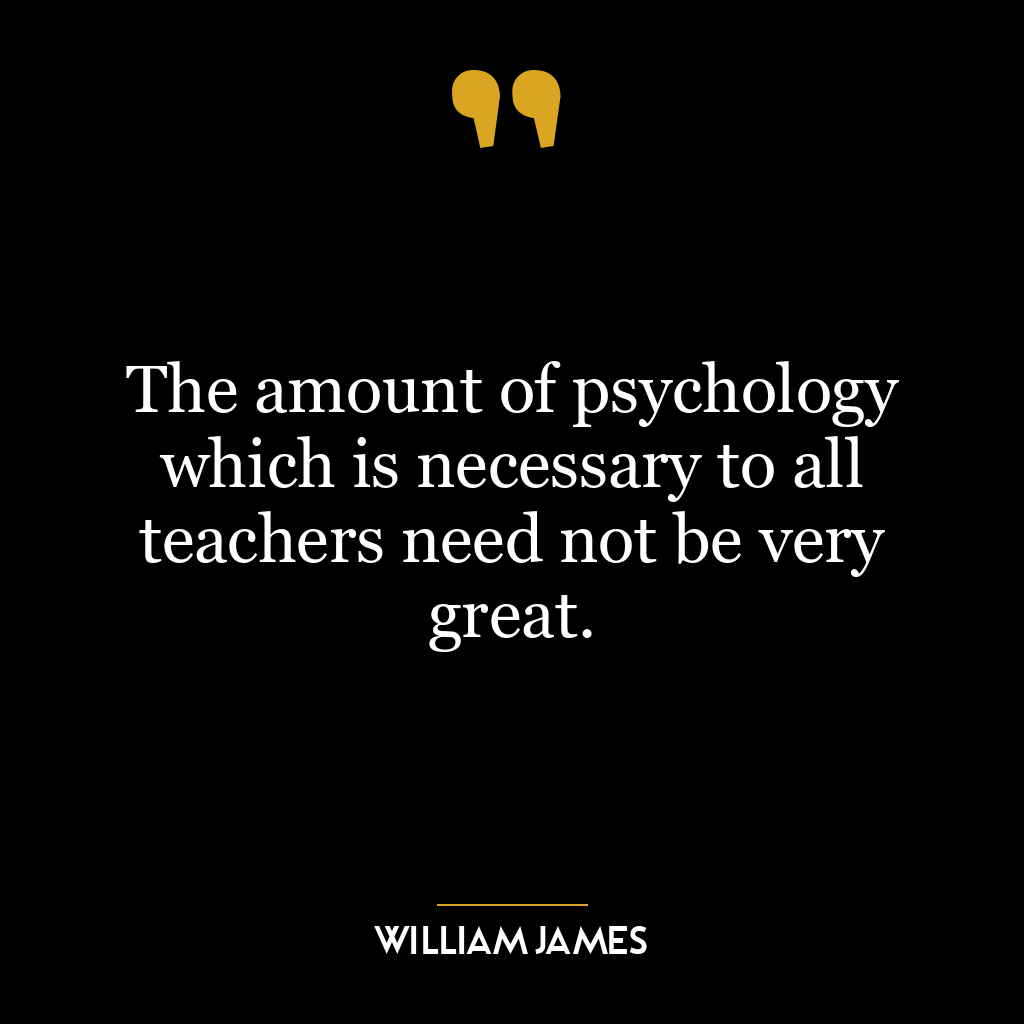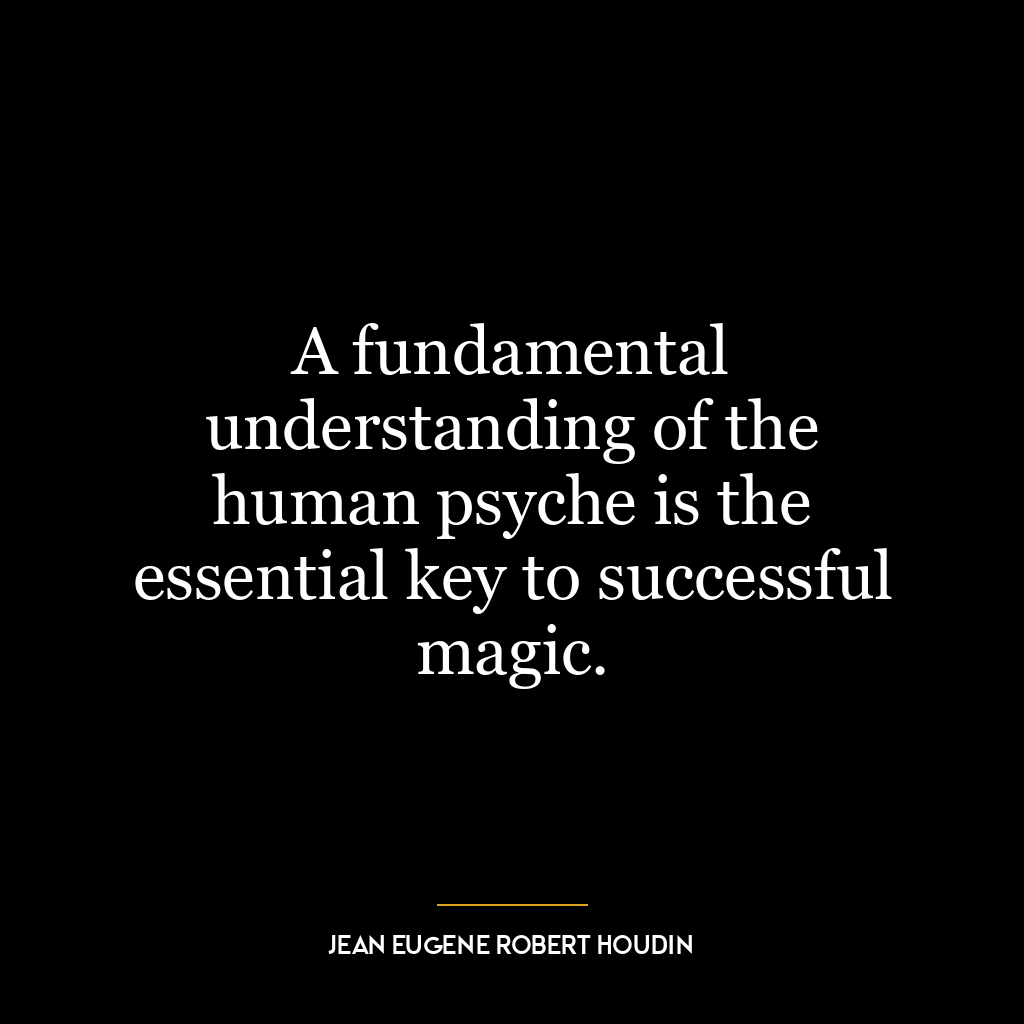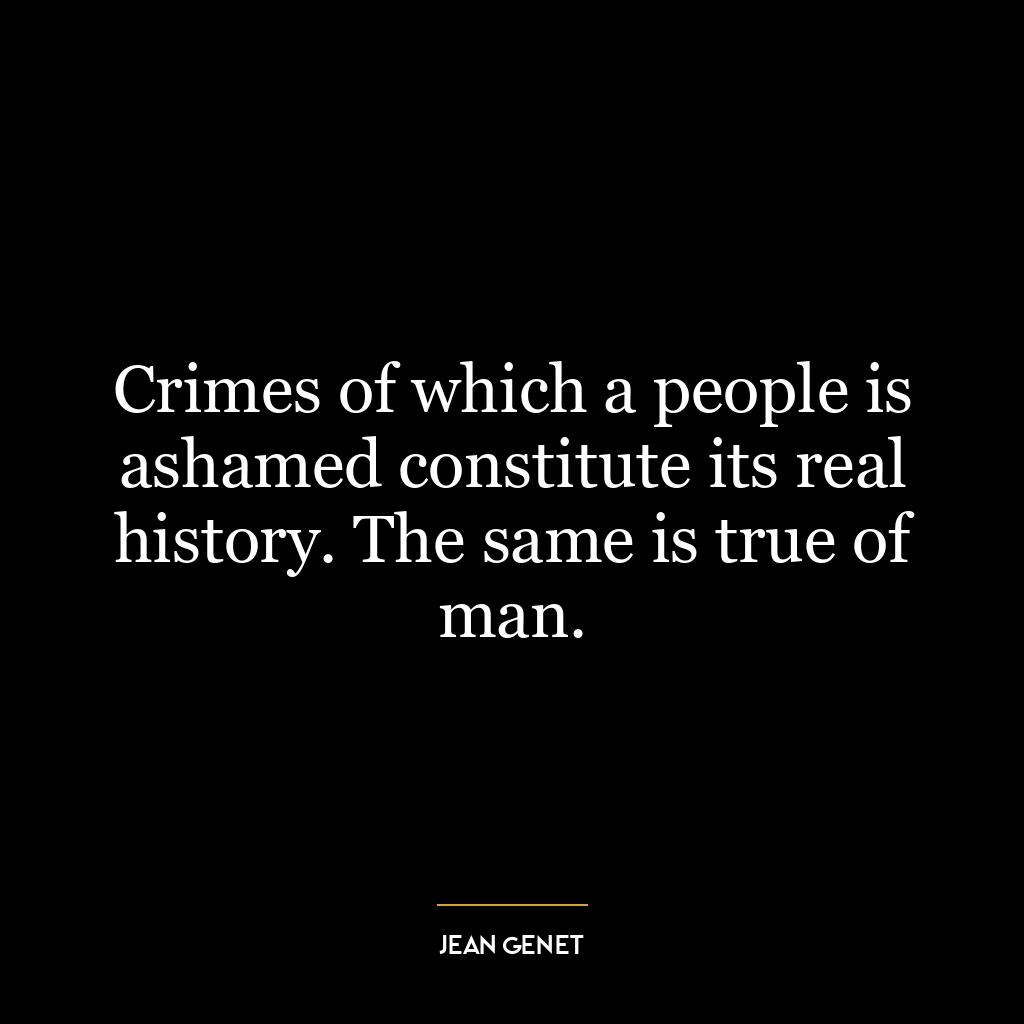This quote emphasizes the importance of addressing and processing psychological blocks like shame and guilt, as they can distort one’s perception of reality. These emotions are often rooted in past experiences or societal norms and can prevent us from seeing things as they truly are. They can make us feel undeserving or unworthy, causing us to act in ways that reinforce these negative beliefs.
For instance, guilt, a feeling that you’ve done something wrong, can make you perceive the world as a punitive place where you’re constantly at risk of being punished. Shame, the feeling of being inherently flawed or inadequate, can make you see the world as a place where you’ll never fit in or be accepted. These distorted perceptions can limit your potential and hinder your personal growth.
In today’s world, where the pressure to conform and succeed is high, it’s easy to fall into the trap of shame and guilt. For example, not achieving a certain level of success by a certain age can lead to feelings of guilt. Similarly, not fitting into societal norms can lead to feelings of shame.
To overcome these psychological blocks, it’s important to first acknowledge them. This can be done through self-reflection or therapy. Once you’ve identified these feelings, you can begin to challenge them by questioning their validity and replacing them with healthier beliefs. This process can help you see the world more accurately and open up new possibilities for personal growth.
Furthermore, working on these psychological blocks can also improve your relationships with others. When you’re not consumed by guilt or shame, you’re more likely to approach others with empathy and understanding, fostering deeper and more meaningful connections.
Overall, this quote underscores the importance of emotional health in shaping our perception of reality and our interactions with the world. It encourages us to confront and overcome our psychological blocks, paving the way for personal development and healthier relationships.















